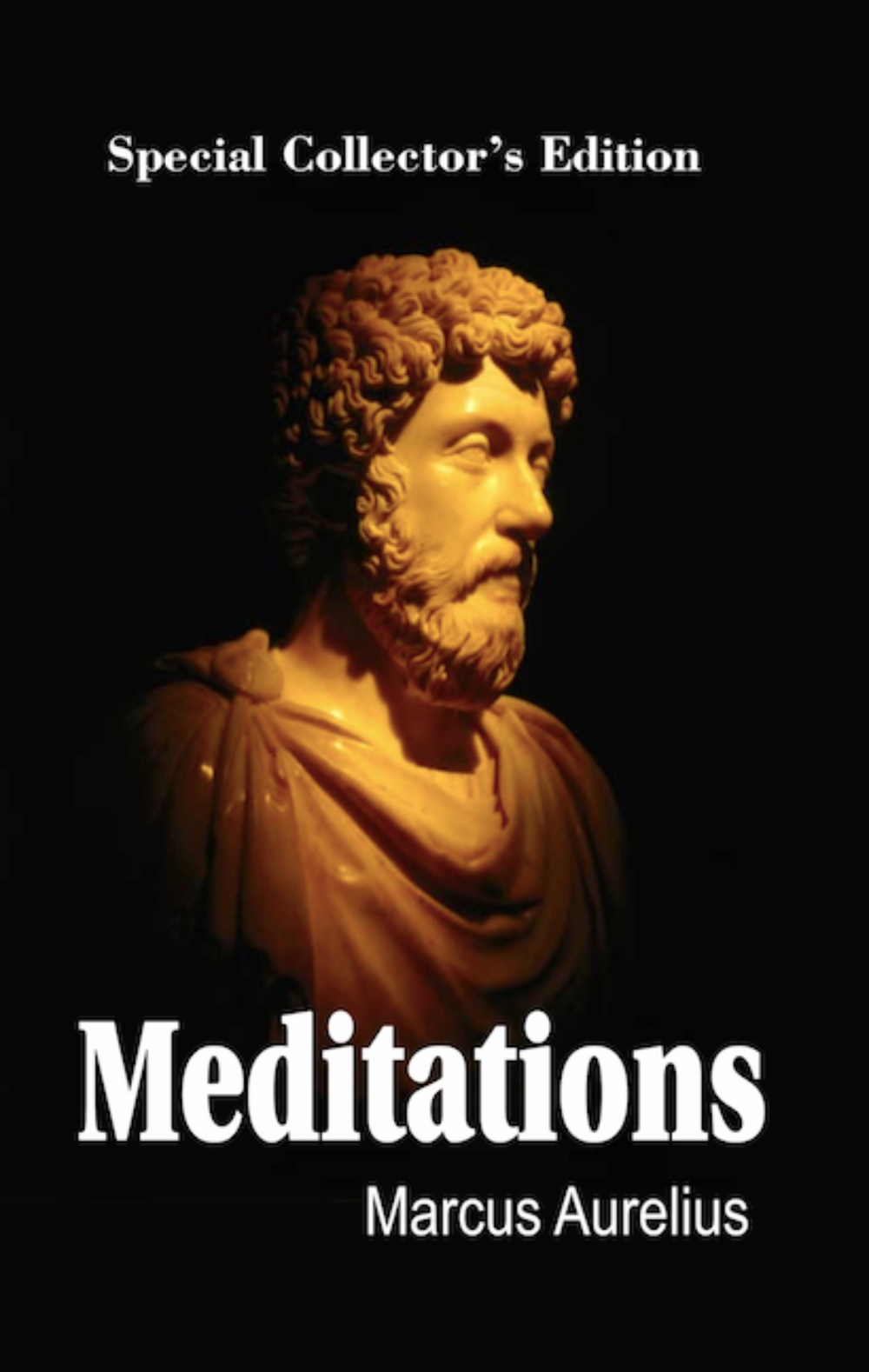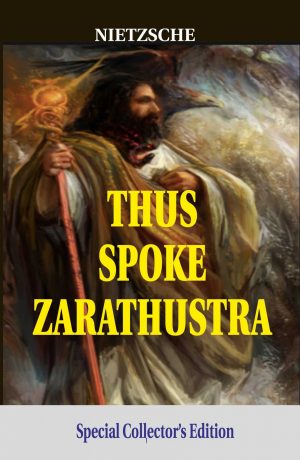“Dwell on the beauty of life. Watch the stars, and see yourself running with them.” From expressing his gratitude to the ones from whom he had learned important qualities and lessons in life to detailing his thoughts and reflections over a wide range of subjects including our mind and thoughts, life and death, goodness, self-judgement, virtuousness, nature, leadership, and human rationality, Meditations gives an insight into the inner life and philosophy of the last of the ‘Five Good Emperors,’ Marcus Aurelius. With ancient wisdom that is as relevant in modern times as it was then, Aurelius‘ Meditations is one of the greatest works of Greek and philosophical literature. A series of twelve books, it has continued to influence its readers throughout the centuries.
Related products
-
Religion & Philosophy
Thoughts on Life and Religion ( An Original Classic Edition) by F. Max Müller (Hardback)
 Religion & Philosophy
Religion & PhilosophyThoughts on Life and Religion ( An Original Classic Edition) by F. Max Müller (Hardback)
0 out of 5(0)- ISBN-13 : 978-8182476554
- Page : 150 pages
- Dimensions : 22.5 x 14.5 x 1.3 cm
- “That is the returning to God which in reality is never concluded on earth but yet leaves behind in the soul a divine home sickness, which never again cease”. “while the river of life glides along smoothly, river; only the landscape on either bank seems to change.” F Max Muller
SKU: n/a -
Coming soon, Religion & Philosophy
The Arya Samaj by Lajpat Rai (Hardcover)
0 out of 5(0)‘The Arya samaj’ is a book by Lala Lajpat Rai, aimed to state the position of Arya samaj in the words of its leaders, who are the best Exponents of its doctrine and its views. ‘The Arya samaj is undoubtedly a potent spiritual ferment in Punjab, combining what may be called a Protestant Reformation of the secular abuses and legendary accretions of orthodox Hinduism with a Puritan Simplification of life and a roundhead insistence on the development of Indian intellectual life and thought. Of this movement and in this social service, Mr. Lajpat Rai has been long a leader. He adds a new service to us all by bringing its history, its aims and its achievement to the notice of the ever-growing english-reading public, not only in the United Kingdom and America, but also in India and Japan.’
SKU: n/a -
Religion & Philosophy
The Complete Works of James Allen : Hardcover Collector’s Edition
0 out of 5(0)- ISBN-13 : 978-8182478497
- Page : 816 pages
- Dimensions : 22 x 14 x 7 cm
This beautifully curated set comprises of the complete philosophical works of James Allen like “As a Man Thinketh”; “From Poverty to Power”; “All These Things Added”; “Through the Gates of Good”; “By Ways To Blessedness”; “Out From The Heart”; “The Life Triumphant”; “The Mastery of Destiny”; “Above life’s Turmoil”; “From Passion To Peace”; “Eight Pillars of Prosperity”; “Light On Life’s Difficulties”; “Foundation Stone To Happiness and Success”; Men and Systems”; The Shining Gateway”.
SKU: n/a




